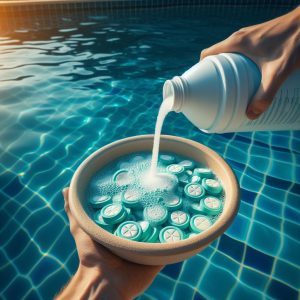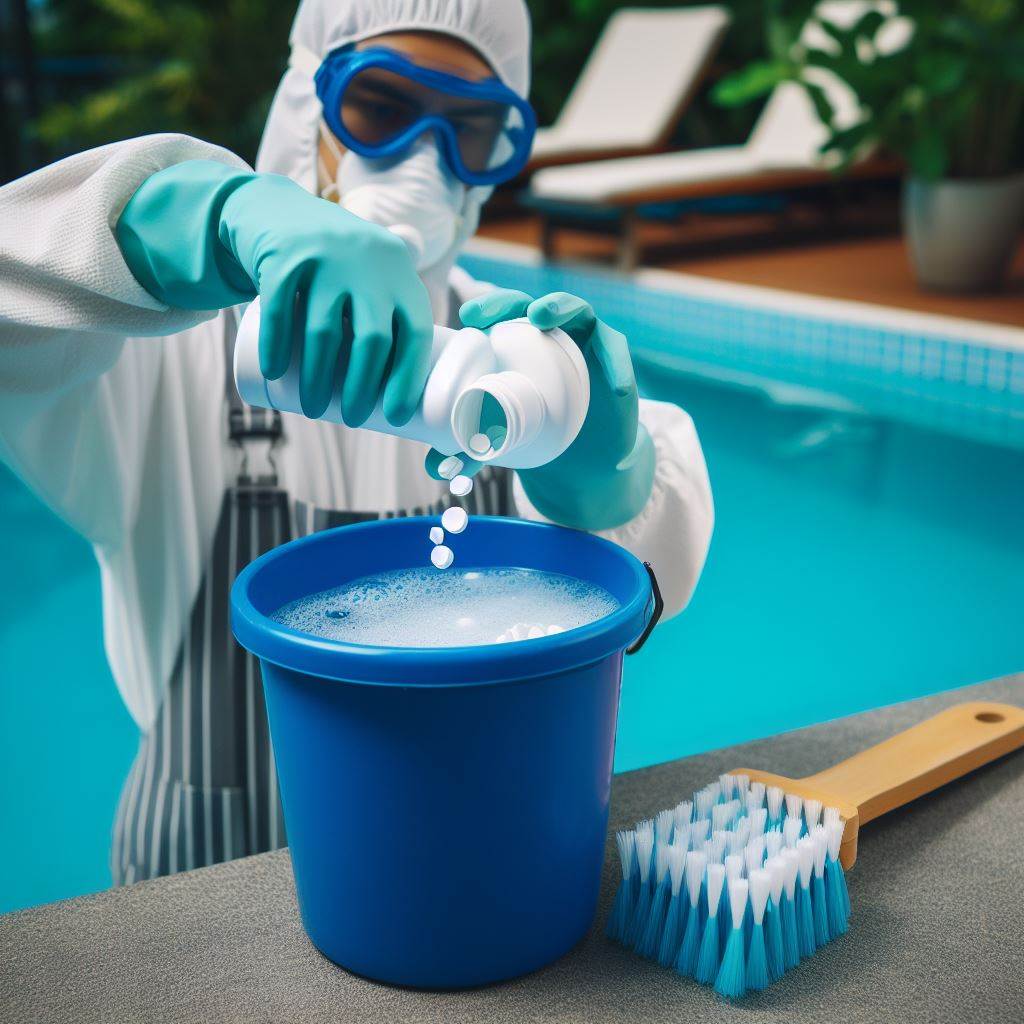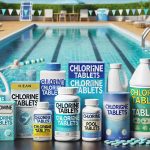In the realm of pool maintenance, few substances hold as much significance as chlorine. As the guardian of water quality, chlorine tablets play a crucial role in keeping pools clean and safe for swimmers. However, with a plethora of options flooding the market, selecting the right chlorine tablets can be a daunting task. Fear not, for in this guide, we embark on a journey to unravel the mysteries of chlorine tablets, offering practical advice and novel insights to aid in your selection process.
The Chemistry of Cleanliness
At the heart of every chlorine tablet lies a potent chemical compound – typically trichloroisocyanuric acid or sodium dichloroisocyanurate. These compounds undergo a controlled release when dissolved in water, liberating chlorine molecules to combat bacteria, algae, and other contaminants. Understanding the chemistry behind chlorine tablets is essential for gauging their effectiveness and compatibility with your pool’s needs.

Concentration Matters
Not all chlorine tablets are created equal, and nowhere is this more apparent than in their concentration levels. Higher concentration tablets pack a more powerful punch, requiring fewer tablets to achieve the desired chlorine levels. However, this potency comes at a price – increased risk of over-chlorination and potential damage to pool surfaces and equipment. Finding the right balance between potency and safety is paramount to ensuring optimal water quality.
Slow and Steady Wins the Race
One of the key advantages of chlorine tablets lies in their slow-dissolving nature. Unlike liquid chlorine or granular shock treatments, which deliver a rapid influx of chlorine into the water, tablets provide a sustained release over time. This gradual dispersion not only maintains consistent chlorine levels but also minimizes the frequency of dosing, simplifying maintenance routines and reducing overall chemical consumption.
Size Does Matter
When it comes to chlorine tablets, size does indeed matter – but not in the way you might think. While larger tablets may seem like a cost-effective option, they can pose challenges in terms of dissolution and distribution. Smaller tablets, on the other hand, offer greater surface area for dissolution, ensuring more uniform chlorine distribution throughout the pool. Additionally, smaller tablets are easier to handle and dose accurately, minimizing the risk of overdosing or underdosing.
Environmental Considerations
In an age of heightened environmental awareness, the ecological footprint of pool maintenance products cannot be overlooked. Traditional chlorine tablets often contain stabilizers and additives that can be harmful to the environment if improperly disposed of. Opting for eco-friendly alternatives, such as chlorine tablets formulated with natural or biodegradable ingredients, can mitigate these concerns while still delivering effective sanitization.
Compatibility with Alternative Sanitizers
In recent years, alternative pool sanitization methods, such as saltwater chlorination and mineral systems, have gained popularity as more sustainable and user-friendly options. When selecting chlorine tablets, it’s essential to consider their compatibility with these alternative sanitizers. Some tablets may contain additives or stabilizers that can interfere with the functioning of salt cells or mineral cartridges, leading to diminished performance and increased maintenance requirements.
Beyond Chlorination: Multifunctional Tablets
Innovation knows no bounds in the world of pool maintenance, and chlorine tablets are no exception. Enter the realm of multifunctional tablets, which combine the sanitizing power of chlorine with additional water-balancing agents, algaecides, and clarifiers. While these all-in-one solutions offer convenience and streamlined maintenance, it’s crucial to weigh the benefits against the potential drawbacks, such as higher cost and reduced flexibility in adjusting individual chemical levels.
Conclusion
In the labyrinth of pool maintenance, chlorine tablets stand as stalwart defenders of water quality, ensuring pristine conditions for swimmers to enjoy. From understanding the chemistry behind their action to navigating considerations of concentration, size, environmental impact, and compatibility with alternative sanitizers, the journey to choosing the right chlorine tablets is fraught with choices and complexities. Yet armed with practical knowledge and a fresh perspective, you can navigate this terrain with confidence, unlocking the secrets to a cleaner, safer, and more enjoyable swimming experience.





